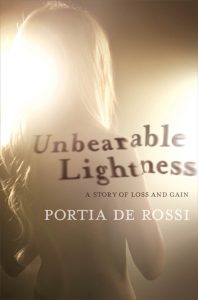


What a variety of thoughts though! We deal with issues of life, death, sex, fidelity, the soul, religion, politics and the meaning of happiness – probably many more too I’ve forgotten.

In this way, he is gentle with his readers. Less preachy than Coelho, Kundera rather gives an exposition of a number of different thoughts and philosophies and leaves the reader to decide what they he or she thinks of them. At times then, this novel reads more like a philosophical treatise. After a while he stops doing it and carries on the traditional storytelling manner but it felt like the spell was broken too soon and I failed to find myself empathising with the characters (except, perhaps, the dog – whose life Kundera describes beautifully). He tells us quite early on that these characters don’t exist and they are mere vehicles for his thoughts. At times he butts in and addresses us as the novelist rather than tell us a story we can immerse ourselves in. Like Paulo Coelho, Kundera has a habit of preaching in his stories. Today, the book has lost some of its edge but it was certainly worth reading. The ideas and themes within would certainly have shocked and stopped readers in their tracks as they grappled with such new thoughts which often go against the ‘way things ought to be’. I can see why the book caused such a storm in the 80s when it was published. My verdict? It’s definitely better than ‘Slowness’. I wasn’t impressed, I have to say, and took my time to read his bestselling classic ‘The unbearable Lightness of Being’. My introduction to Milan Kundera was ‘ Slowness‘ and it was chosen entirely for pragmatic reasons – it was short. The Unbearable Lightness of Being by Milan Kundera


 0 kommentar(er)
0 kommentar(er)
